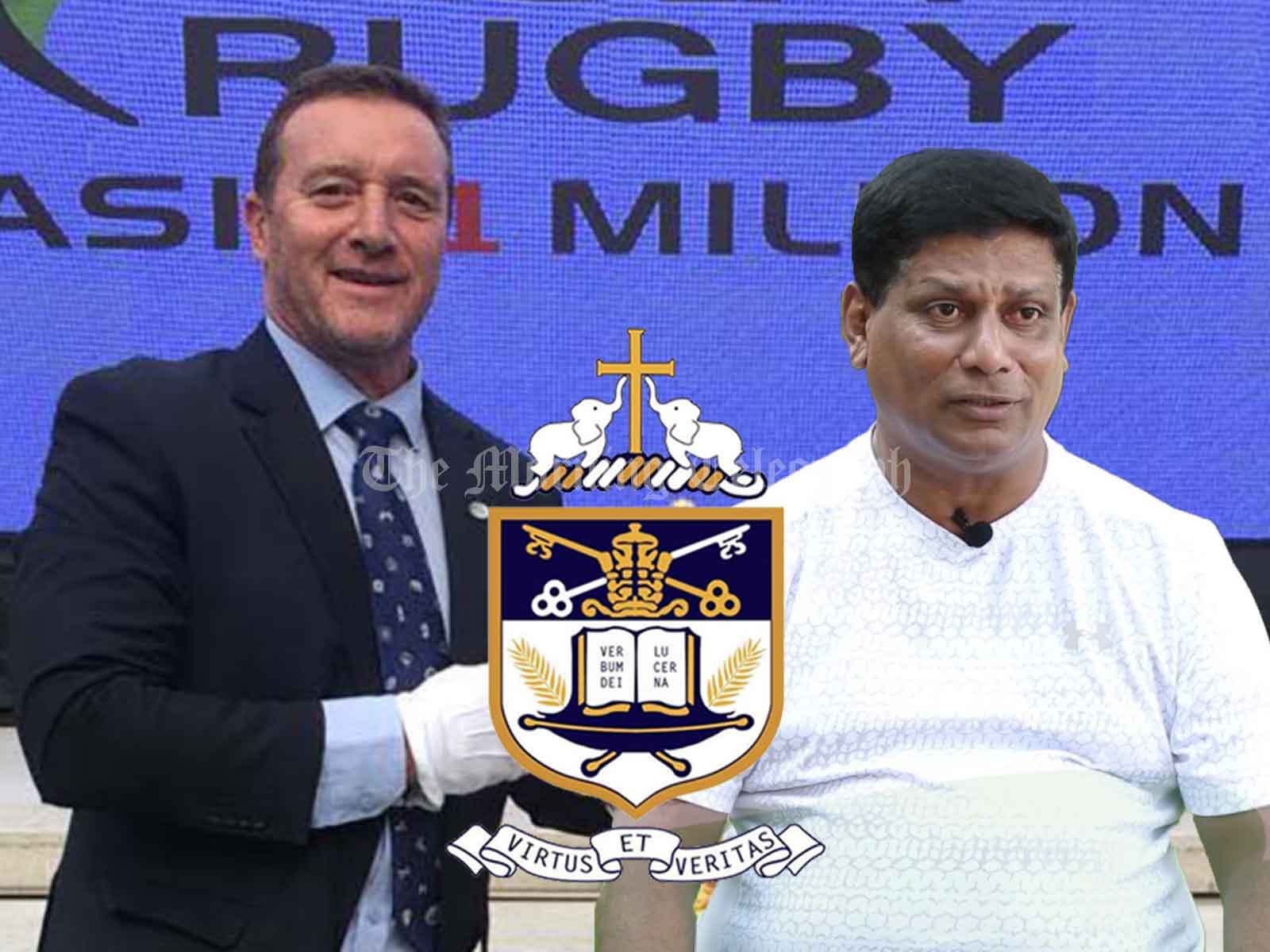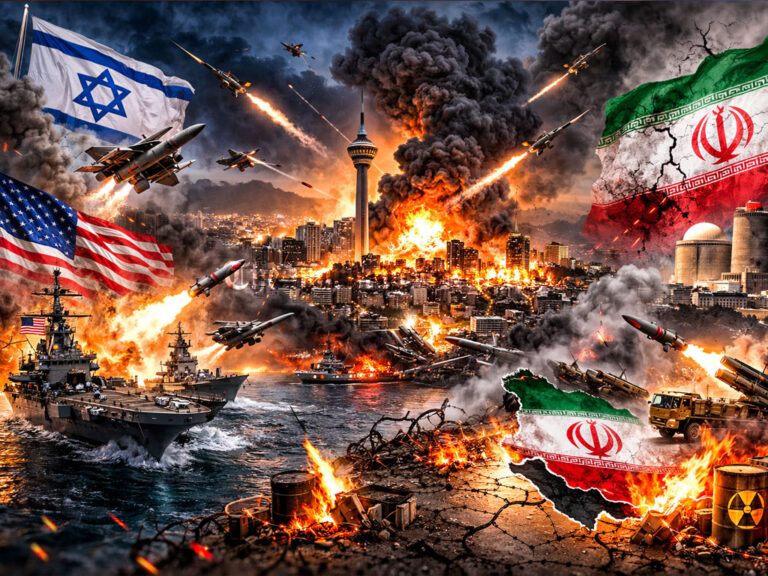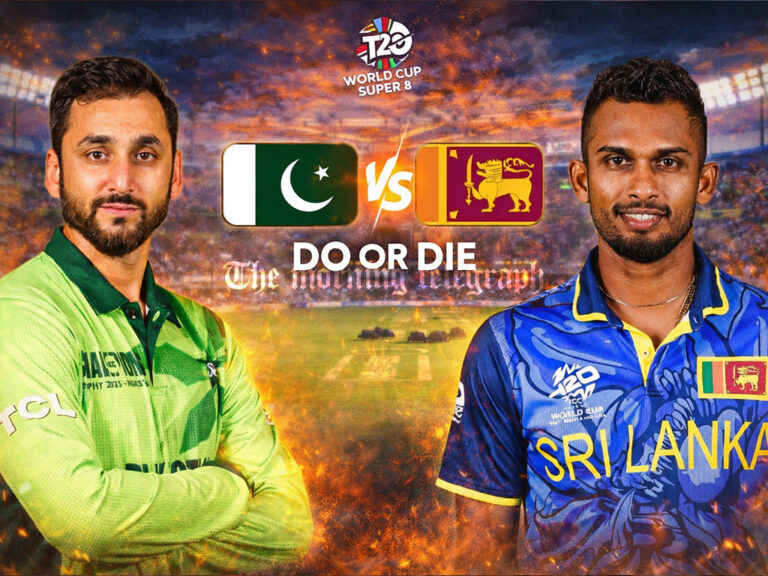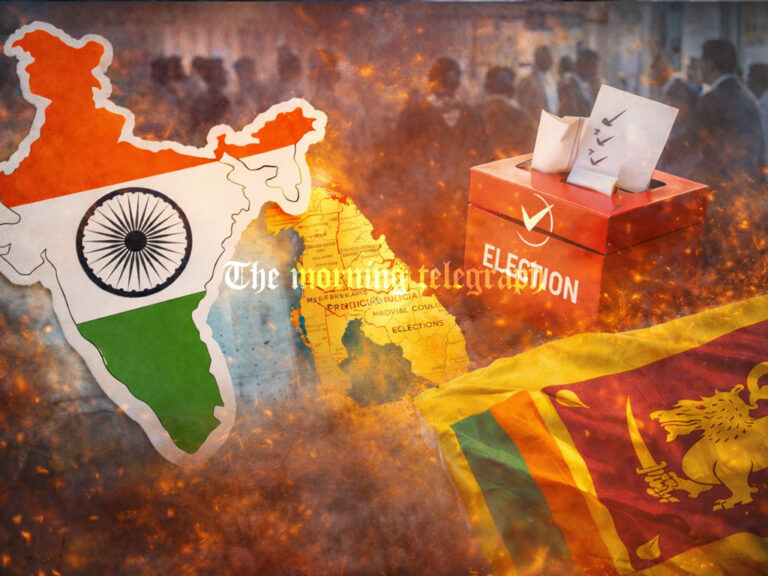
- Ministry of Sports DG Prof. Shemal Fernando and SLSRFA yet to conduct an inquiry despite video of assault going viral
Related Story :- http://Peterite Head Coach Martis Caught Assaulting Own Player in Public – Again!
Asia Rugby Interim CEO Ben Van Rooyen has specified the steps needed for World Rugby to take action against St. Peter’s Head Coach Sanath Martis, who received widespread criticism after being filmed assaulting a Peterite rugby player in public following their game against Vidyartha played in Kandy last Sunday.
In a voice recording, Asia Rugby Interim CEO Van Rooyen is heard saying that Sri Lanka Rugby must investigate the incident and the repeat offender’s actions. Thereafter the resulting report should be sent to them so that they can address the issue with World Rugby, as has been done previously.
Audio
Earlier in February 2019, a prominent website Colombo Telegraph published a series of articles when the current Head Coach of Sri Lanka and CH&FC Sanath Martis was caught on camera assaulting one of his Peterite players at Havelock Park then, during a friendly practice game played against D.S.Senanayake College.
World Rugby then suspended Martis who was one of their appointed Rugby Educators for two years.
This incident mirrors the previous offense committed by Peterite Head Coach Martis, who has demonstrated a recurring inability to manage his anger and emotions especially when dealing with student rugby players in public.
Ministry of Sports awaits report from SLSRFA regarding Martis’ assault
However, at this moment, SLR is currently suspended by a gazette notification issued by former Minister of Sports Harin Fernando and SLR is brought under the overall supervision of the Ministry of Sports’ Director General Prof. Shemal Fernando.
Meanwhile it is reliably understood that the Director General Prof. Shemal Fernando has stated that the Ministry of Sports is also awaiting a report from the Sri Lanka Schools Rugby Football Association regarding this incident for them to proceed in taking any action against the SPC Head Coach Martis.
St. Peter’s College authorities remain mute
However, it is rather surprising that the authorities of St. Peter’s College are yet to provide a statement regarding their student’s assault up until now.
A very reliable source, who is a former Peterite rugby player with close ties to the school regarding rugby matters, spoke to The Morning Telegraph on condition of anonymity.
He revealed that their Head Coach Sanath Martis has a history of recruiting talented schoolboy rugby players from lesser-known schools and enrolling them to play for his current team. According to the source, Martis acts as though he owns these players, even going so far as to present himself as a ‘fatherlike’ figure, making the players and their parents feel obligated to him for the opportunity he has provided.
“See in the first instance when his assault went viral then, it was one of those kids whose parents even submitted a letter to state that they were not pressing charges against the Head Coach Sanath Martis.” the Peterite old boy said.
“So don’t be surprised if something similar takes place again where authorities of the school even turn a blind eye again to protect their Head Coach Martis.”
“The school’s rugby league is more important to the authorities of the school, certain old boys, well wishes and sponsors rather than the public humiliation that the schoolboy Peterite rugby player had to endure” he concluded.
The psychological Impact of Public Shaming and Punishment
The humiliation a child could face when punished in public could have several mental repercussions. For example, when a Generation Z (born roughly between 1997 and 2012) schoolboy rugby player is slapped by his coach in public, the impact can be significant and multifaceted. This generation, often characterized by its digital nativity and heightened awareness of mental health and personal rights, may experience various repercussions:
1. Psychological Impact:
* Trauma: The incident could cause emotional trauma, leading to issues like anxiety, depression, and lowered self-esteem.
* Trust Issues: The player may develop trust issues with authority figures, affecting their relationships with coaches, teachers, and other adults.
2. Social Impact:
* Humiliation: Being slapped in public can lead to feelings of shame and embarrassment, potentially resulting in social withdrawal or bullying by peers.
* Peer Perception: The player’s peers might view the incident as a sign of weakness or failure, impacting their social standing within the team and school.
3. Performance Impact:
* Decreased Motivation: The player’s motivation and enthusiasm for the sport may diminish, leading to reduced performance and participation.
* Fear of Mistakes: Fear of further punishment can lead to a risk-averse attitude, hindering the player’s development and creativity in the sport.
4. Family Impact:
* Parental Concerns: Parents may become concerned or angry, potentially leading to conflicts with the school or rugby organization.
* Withdrawal from Activities: Parents might decide to withdraw their child from the sport or school to protect them from further harm.
5. Long-term Impact:
* Mental Health Issues: Long-term mental health issues could arise, requiring professional intervention.
* Attitude Toward Authority: The player may develop a negative attitude towards authority figures, affecting their behavior in various aspects of life, including education and future employment.
6. Public and Legal Repercussions:
* Media Attention: In the digital age, such incidents can quickly gain media attention, leading to public outcry and potential damage to the reputation of the school and the coach.
* Legal Consequences: There could be legal repercussions for the coach and the institution, including potential lawsuits and disciplinary action.
Addressing such incidents promptly and effectively is crucial to mitigate these impacts.
Providing support to the affected player, ensuring accountability for the coach, and promoting a culture of respect and non-violence in sports are essential steps that the international governing bodies of rugby football wish to maintain.




